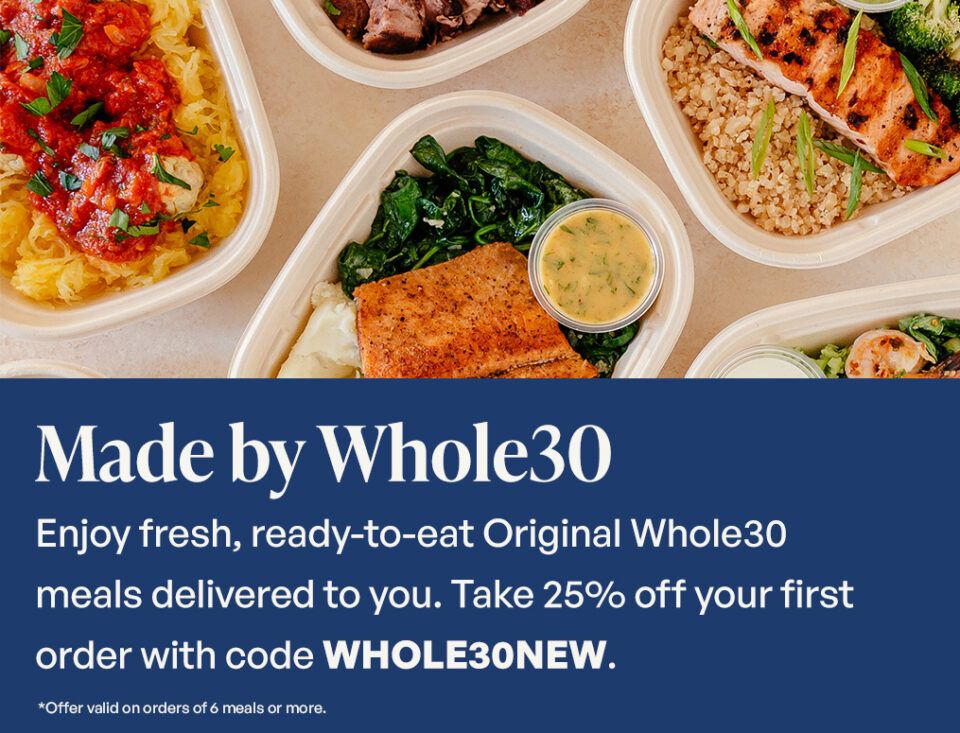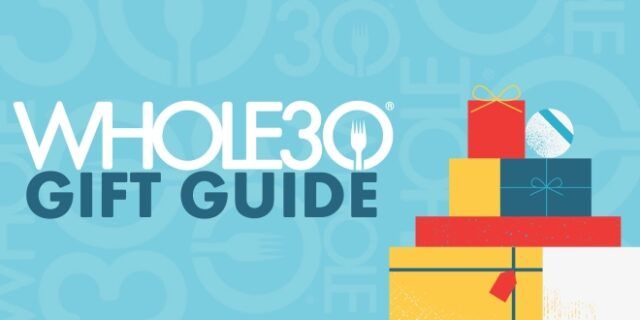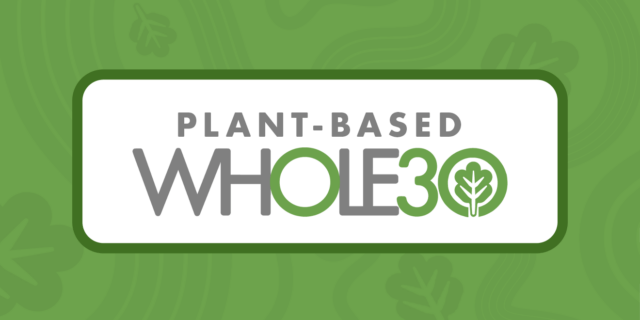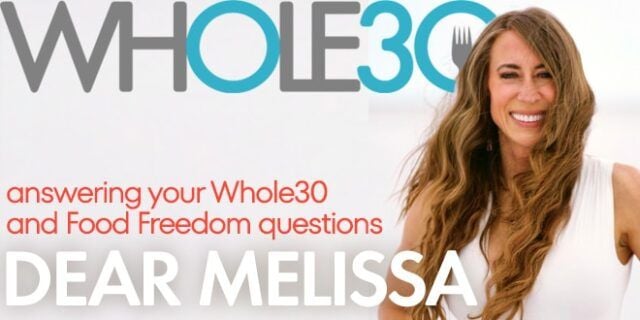By Melissa Urban
This article is part of our special Food Freedom resources meant to support you during the global COVID-19 pandemic. Click here to see our entire collection of resources.
I’m an Abstainer all the way. Many addicts are (I have 20 years of recovery from my drug addiction), but as far back as I can remember, I’ve always been black or white, on or off, with no such thing as 50 shades of anything in between. It’s easier for me to just not eat any of it than try to only eat some, and the idea of concrete rules around my eating habits is both comforting and freeing.
Compare that to Moderators; people who hate the idea of never eating or drinking something, and feel their resolve strengthen when they have just a little here and there. Strict rules and absolutes are much harder for Moderators, as they do best when they go with the flow, where nothing is off limits and everything is a shade of grey.
You’d think Abstainers would have a hard time with the idea of Food Freedom, because most people assume that Food Freedom IS moderation. Eat everything you want—just not all at once, or in giant portions, or every single day. And for Moderators, this concept is super easy. “I can have anything I want, any time I want it—I just have to choose the quantity and frequency that works for me.”
However, viewing Food Freedom through a moderation lens is terrible news for Abstainers. It’s exhausting for us to think about “moderating,” as the concept makes our brains go into overdrive. “What’s a little? What’s too much? What’s too often?” For us, it’s much easier to say, “I either eat/drink that all the time, or I never do.” Which doesn’t sound very freedom-y, does it?
The good news for Abstainers is that Food Freedom can have NOTHING to do with moderation, and I’m going to teach you exactly how right now. Here’s how I think about it.
Food Freedom as an Abstainer
If you’re an Abstainer like me, here’s your takeaway: Food Freedom isn’t about moderating. It’s about making conscious, deliberate decisions in the moment, honoring whether it’s worth it and you want it right then and there. Every opportunity to eat or drink something less healthy is a discrete instance; a stand-alone moment in time where you get to decide “yes” or “no.” And THAT makes it sound more like the “black or white” thinking we’re comfortable with, doesn’t it? Let’s illustrate with a story:
I just finished dinner with my family, and I know I have one gluten-free cupcake left. Right then and there, I run through my Food Freedom checklist: “Do I want it? Is it worth it? Will it mess me up, and if so, how? Am I willing to accept those consequences? Given all of that, do I really want it?”
There are only two answers here—yes, it’s worth it and I really want it; or no, it fails one or more of those criteria. PRO TIP: When it comes to food freedom, a “kinda” or “maybe” or “sort-of” is a NO. (Plus it’s not like you can kinda eat something. You either do, or you don’t… even if it’s just one bite.)
Which means if you’re an Abstainer, you still get to think about every interaction with potentially less healthy food as an “on or off” moment—no moderation in sight. Heck, take it down to the portion or bite level! With cookie number two: “Do I want it, is it worth it, yes or no?” With another bite of the donut: “Do I still want it, is it still worth it, yes or no?” This can happen in a split second inside your head, with just a brief moment of pause and self-reflection. (Frankly, we all tend to eat sweets too fast anyway, so implementing pauses is a great practice no matter what.)
Even more important is realizing that each instance is totally independent. You may say yes to the wine tonight, but tomorrow night it’s just not worth it. You may pass on the cupcake on your kid’s birthday, but choose to savor one the next day. You may prepare your entire meal dairy-free… then eat ice cream for dessert. This is not moderation. It’s conscious, deliberate decision-making in the moment, one hundred percent of the time.
Now, this is just how I think about it, because moderation doesn’t work for me. If you’re an Abstainer, you’ll probably love this approach, and it may open doors to Food Freedom that were previously nailed shut. But a word for the Moderators…
Food Freedom as a Moderator
If you’re a Moderator and LOVE thinking about your Food Freedom in terms of “I can have anything I want, any time I want, in moderation with the other healthy things in my diet,” then go on with your moderating self! You need to make Food Freedom work for you, so if it helps you to think about it in terms of regular small indulgences, fantastic.
But YOUR decisions must be conscious, deliberate, and honor what you really want in the moment, too. Moderating is not code for “mindlessly sampling everything that comes my way.” Skipping your Food Freedom checklist means you completely bypass self-awareness and hang your hat on what we all know can easily turn into a giant cop-out: “Everything in moderation!” Which often leads to you moderating your way through four cookies, two extra glass of wine, and a late-night bag of chips, all in the name of “balance.” Oof… how well did that approach used to work for you?
That’s NOT Food Freedom—that’s being controlled by your brain screaming for reward under the guise of “balance” or “moderation” as a healthy pursuit. You’re not in touch with what you really want, you’re not making a conscious, deliberate decision, and you don’t feel totally in control—which is the fastest way to sabotage your heathy eating efforts altogether. Translation: you won’t find Food Freedom lazily drifting down a river of sweets and treats on a “moderation” floatie. You must commit to honest self-awareness throughout the process… and that means actively working your Food Freedom plan even as you moderate.
Food Freedom for All
In summary, if you’re an Abstainer, there’s a way to think about Food Freedom in a way that totally works for you. If you’re a Moderator, you can think about it our way, or your own way—that’s cool! Just remember that regardless of your big-picture approach, true Food Freedom only exists when you make conscious, deliberate decisions, honoring what you really want in that moment.
For more on Gretchen Rubin’s approach to healthy habits, including her take on Abstainer vs. Moderator, read her best-selling book, Better Than Before. For more on obtaining and sustaining true food freedom, read my best-selling book, Food Freedom Forever. And if ever two books complimented each other beautifully, this it is.
Best in health,
Melissa








